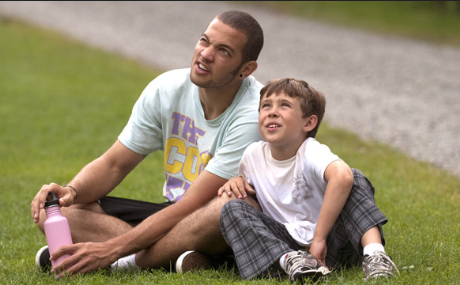Wanted: Regular Janes and Joes for Midlands Mentoring Partnership
By Nancy Gaarder / World-Herald staff writer If Tom Osborne and Kent Pekel were to write a classified ad for mentors, it would probably read something like this: Wanted: Regular Janes and Joes. Superheros need not apply. Mentoring is one of the best ways to turn around lives, and prospective mentors need not be intimidated, […]










